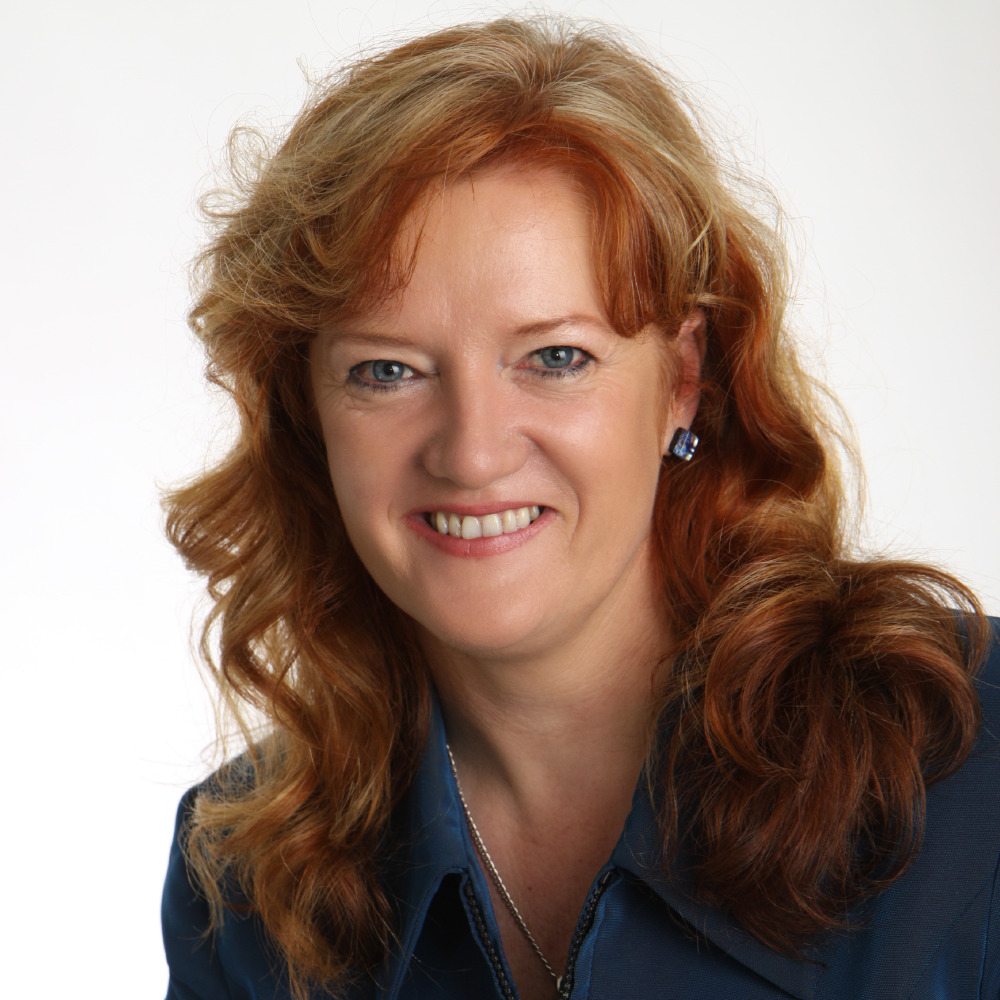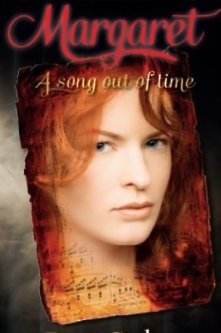
Dixie Carlton

‘Margaret’ was inspired by a real woman I first met as Elsie Margaret May McKenzie. She was then in her mid-70s but still sprightly and quite fiery, and the mother of my future husband at the time. I soon learned that the only things he really knew about her were that she was his shining star, he adored her, and that his dad had died when he was two - she had given birth to him when she was 44.
We later found out that she had spent more than half her life on the run - having left young children (at least one was fathered by a man she had a long term arrangement with as his mistress) and not only never ever talked about them, but also that my husband was born to a man she 'wooed away from his wife and family' before going on the run again. This was all we knew of her - apart from her own brief mentions of having been a club singer and a 'bit of a tart' before the war.
I was inspired to weave a tale about what a woman like this might have been, like in her young years, and why she was that way, and also what made women of that era want to not always have the 'white picket fence' lifestyle.
Please tell us about the character of Margaret.
Margaret was fiercely proud of her name, her independence, and her hair - as I am also a redhead, I understood that about her. She was a very loving mother to her son, and he adored her, so as a mother to her other children, she must have been also quite close to them, and so I always wondered why someone like that would turn her back on them.
‘Margaret’ the story is also a fictional story based on someone's life, and so in actual fact, the character in the book is somewhat also based on several other people in my life, including my own mother, who was also a divorced woman raising children alone in the 1970s.
What was the appeal for you to write about the jazz club scene?
My own son (Margaret's grandson) is an up and coming young star of Jazz, and so I've started to develop a love for that style of music over the last few years, and his passion for this extends to wondering about life in the early jazz clubs in America and Europe. The 1930s was a fascinating time for the emergence of music and a change in the way we thought about things. New Zealand was always a few steps behind the rest of the world in terms of fashions and trends, but not so different in wanting to be like the rest of the world.
This is your first novel, so is novel writing anything like you imagined?
It was different - I loved the way the story unfolded when I allowed it to. At times I couldn't wait to see what would happen next. I have really enjoyed the process of storytelling, instead of quoting facts and ideals. I'm now working on my fourth book and have some strong ideas about the next step in Margaret's life as a sequel to A Song out of Time.
Please tell us about your research into the 30s, 40s and 50s for the book.
Fortunately there are still a lot of people about who lived through those years, and I was able to talk with them, as well as watching many films and TV shows about the pre and post war years. I also tried to research as much as possible about conditions on board ships coming from the UK to NZ, via the Auckland Maritime Museum.
Why did you want to explore the taboos about women that arose from that time?
Because as the story unfolded about Margaret, and I talked to women who were young in the 40s and 50s, what they went through then, was no different personally than many of us have since gone through in the 90s and the start of the 21st Century. The only real difference is that society made it far more difficult for us to have our freedom to decide how we wanted to live our lives. If I for example, I had lived by my personal values and tried to fulfil my personal needs as a woman, and that includes as a divorced woman in my 20s, then as a widowed mother of 2 in my 30s, I would have been met with a lot more restriction at every turn than I really was. So for women of my Mother-in-Law's era, wanting what I take for granted in terms of personal freedom and how I raised my family, were very challenging. I really wanted to explore that.
What is next for you?
I've another book ready to publish later in 2014 - set in more modern times - but I'm also writing my third book based on my own grandmother's lifestyle and situation as a rural woman in the 1940s and 50s, living with the issues of being in a very abusive marriage, but with the pressure of having to be 'everything is ok' in public and hide the secrets of her family's self-destruction.
Dixie Carlton is a New Zealander living in Brisbane, Australia, where she works as a business coach and marketing consultant. She is the author of ‘Margaret – A song out of time’ (£10.99 Panoma Press), which is her first novel, however, she has also contributed to and co-authored several other business books.

